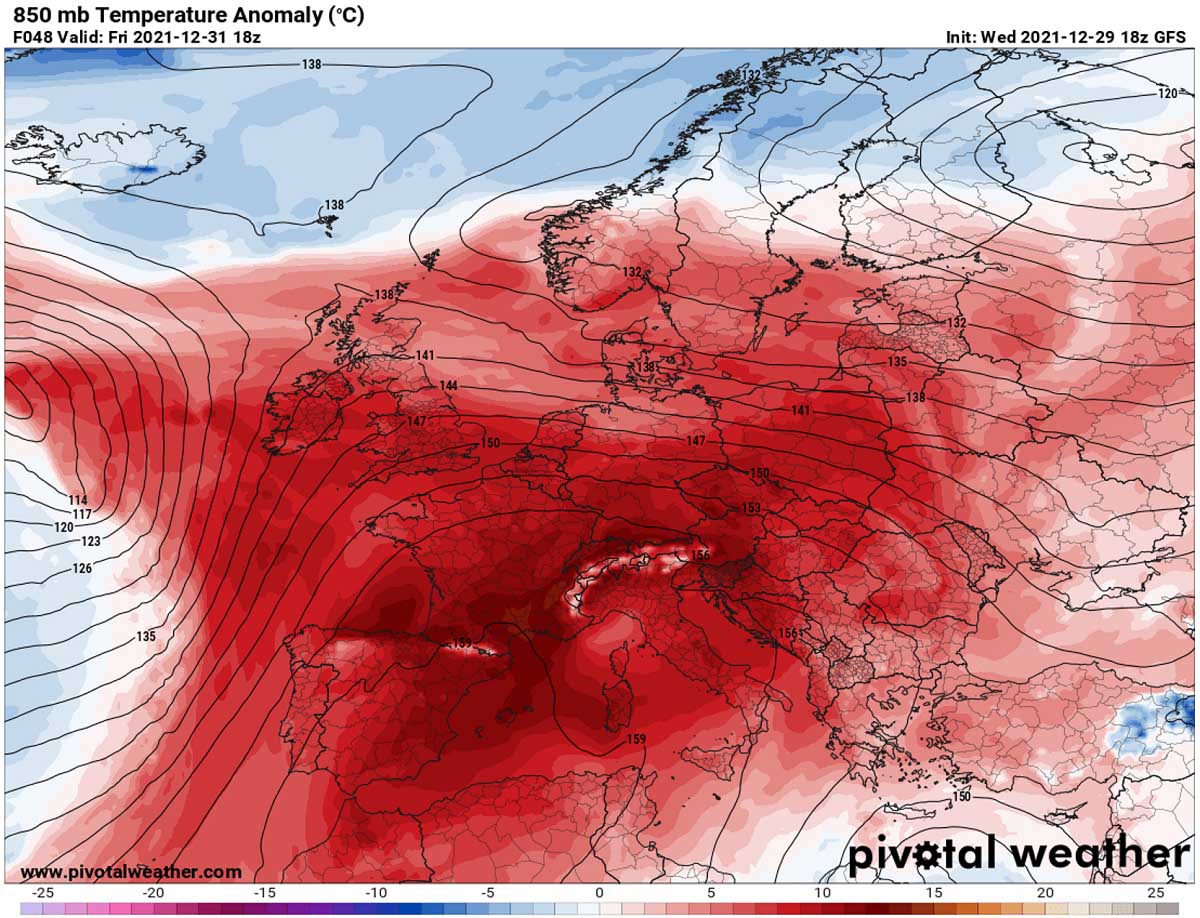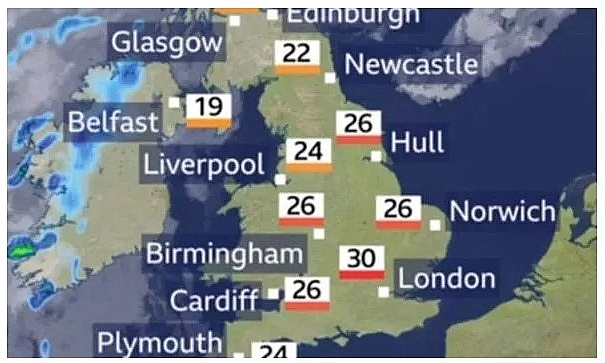
Introduction
As the UK braces for a significant heatwave, understanding the impact of rising temperatures is more important than ever. With climate changes becoming a more frequent topic of discussion, accurate weather forecasts are essential for public safety and preparedness. This impending heat event is projected to affect millions, making it crucial for residents to stay informed about the conditions and necessary precautions.
Details on the Heatwave
The UK Met Office has issued urgent heatwave warnings, predicting temperatures could soar to 37°C (98.6°F) this week in various regions, particularly in the south and east of England. The forecast indicates the heatwave will start on Wednesday, with particularly high temperatures continuing through the weekend. Such soaring heat could pose risks of heat-related illnesses, especially among vulnerable populations including the elderly and those with pre-existing health conditions.
Events and Precautions
In response to this forecast, local authorities and health officials are taking proactive measures. Schools are being advised to implement necessary changes to ensure student safety, while care homes are preparing for elevated risk scenarios. The NHS has launched a public awareness campaign, urging people to stay hydrated, wear light clothing, and avoid sun exposure during peak hours. Emergency services are also on heightened alert to manage any heat-related emergencies.
Conclusion and Outlook
This heatwave is a reminder of the impacts of climate change, as England has seen several extreme weather patterns over recent years. Looking ahead, scientists predict that heatwaves may become more common, making it imperative for everyone to consider long-term strategies for coping with extreme temperatures. As the heatwave develops, residents are encouraged to remain vigilant and prepared, ensuring their wellbeing amid rising temperatures. This situation highlights the importance of reliable weather forecasting not just for immediate planning but as a crucial tool in adapting to changing climate patterns.
You may also like

UK Weather: Moderate Snow Ice Warning in Effect
Current Weather in Manchester: What You Need to Know

All You Need to Know About the Weather in Liverpool
SEARCH
LAST NEWS
- Remembering Wendy Richard: The Promise to Co-Star Natalie Cassidy
- How Did Anglian Water Achieve an ‘Essentials’ Rating for Mental Health Accessibility?
- Shai Hope Leads West Indies in T20 World Cup Clash Against South Africa
- What We Know About Weston McKennie: Future at Juventus and Past at Leeds
- What We Know About the Upcoming Live Nation Antitrust Trial